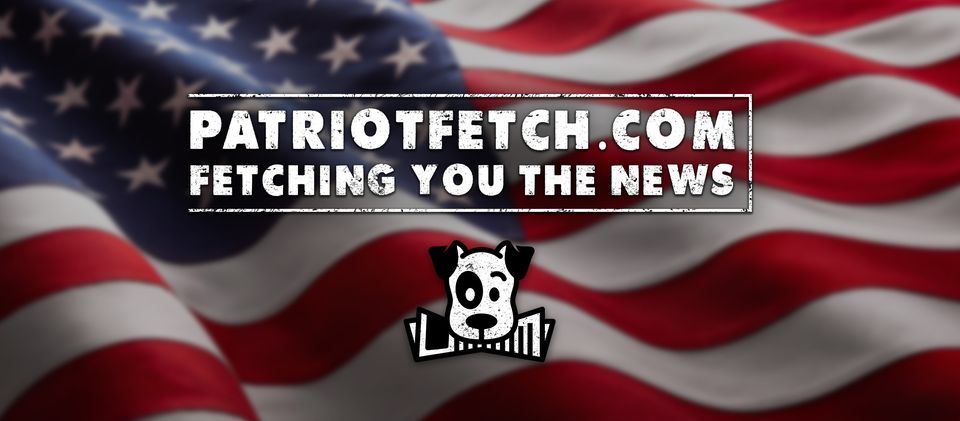PROTECT YOUR DNA WITH QUANTUM TECHNOLOGY
Orgo-Life the new way to the future Advertising by AdpathwayFederal prosecutors are putting pressure on James Comey’s lead defense attorney, Patrick Fitzgerald, raising concerns about a potential conflict of interest. This development comes as Fitzgerald and Comey share a long-standing relationship, having previously worked together as federal prosecutors in the Southern District of New York. Prosecutors claim that Fitzgerald’s ties to Comey could have influenced disclosures made by the former FBI director back in 2017, immediately after he was dismissed by President Donald Trump.
In a recent filing, the prosecutors addressed U.S. District Judge Michael Nachmanoff, signaling a desire to expedite the formation of a “filter team.” This team of lawyers would sift through materials related to Comey’s case, a process deemed vital for clarifying any implications involving Fitzgerald. Assistant U.S. attorneys Tyler Lemons and Gabriel Diaz stated, “Based on publicly disclosed information, the defendant used current lead defense counsel to improperly disclose classified information.” This assertion raises serious questions about the integrity of the defense team amidst ongoing legal battles for Comey.
Comey’s legal representatives, however, did not take these claims lightly. They swiftly pushed back against the notion of a conflict of interest. Their argument hinges on the fact that the memos Comey sent to his attorneys were not classified at the time they were shared. The defense characterized the prosecutors’ claims as “provably false” and an attempt to tarnish Fitzgerald’s reputation. They emphasized, “In short, there is no good faith basis for attributing criminal conduct to either Mr. Comey or his lead defense counsel,” strongly defending their position against the government’s aggressive moves.
This legal skirmish is intertwined with the broader narrative surrounding Comey, who faces serious charges, including making false statements and obstruction of justice. The framing of these charges comes under scrutiny against the backdrop of a 2019 report from the Justice Department’s Office of the Inspector General, which criticized Comey for sharing certain interactions with Trump. While the report highlighted Comey’s missteps concerning classified information, it ultimately cleared him of unintentionally disseminating any such content to the media.
As the case unfolds, the significance of Fitzgerald’s role cannot be overstated. His long-standing connection with Comey could impact not only legal proceedings but also public perception. Prosecutors are eager to gain leverage in this high-profile case, especially as Comey’s lawyers continue to contest the government’s actions, labeling them as “vindictive prosecution.” The defense is preparing to file a formal motion to dismiss the criminal case, citing what they describe as retaliatory motives behind the charges.
Amidst the strategic moves in court, the appointment of Lindsey Halligan as acting U.S. attorney introduces another layer of complexity. Halligan’s installation occurred shortly before a grand jury issued an indictment against Comey, raising eyebrows among Comey’s legal team. They argue that this timing could bolster their claims of politically motivated prosecution, adding weight to their arguments for dismissal.
Clearly, this legal battle is far from over. The interwoven relationships and the political context complicate proceedings, as each party maneuvers to assert its position. Prosecutors are looking to establish a strong case against Comey, while his defense team strives to counteract claims of impropriety and safeguard Fitzgerald’s role in the defense. As this case continues, the outcomes will likely reverberate well beyond the courtroom, influencing public discourse on accountability and justice in high-profile cases.
"*" indicates required fields


 6 hours ago
3
6 hours ago
3














.jpg)






 English (US) ·
English (US) ·  French (CA) ·
French (CA) ·